In his report at the workshop, Associate Professor, Dr. Le Phuoc Minh, Director of the Institute of African and Middle Eastern Studies, emphasized that in the trend of international economic integration and development, relations, exchanges and cooperation between parties, the expansion of diversified relations, multilateralization of foreign relations, and enhancement of friendship between parties, it is necessary to promote cultural exchanges between countries, aiming at understanding, friendliness, and affection, in order to achieve good results in exchanges and cooperation. The world of Islamic countries is also a unique world, so Islamic culture has many characteristics in social life as well as religious life. Therefore, in order to build a sustainable relationship in socio -economic development with the Islamic world, it is necessary to learn about Islamic culture, understand the customs, practices, and taboos in the lives of the Islamic community in the world and in Vietnam. That will promote cooperation in all fields between Vietnam and Muslim countries.
According to Dr. Le Phuoc Minh, to understand Islamic culture, one must first understand the two terms Halal and Haram. Halal are the principles that are allowed and implemented, and Haram are the things that are not allowed, taboo, and not implemented in both religious and secular life, built on regulations. According to Islam, Halal and Haram cover all aspects of life, not only in the fields of food, beverages, pharmaceuticals, cosmetics, etc., but also cover cultural, economic, political and social issues.
According to Associate Professor, Dr. Le Phuoc Minh , Vietnam's tourism is considered a key economic sector because of its diverse and rich tourism potential. In the period from 2015 to 2019, the number of international visitors to Vietnam increased 2.3 times, from 7.9 million to 18 million, with an average growth rate of 22.7% per year, but the number of Muslim tourists accounted for an insignificant proportion. Meanwhile, Vietnam's neighboring countries such as Thailand and Singapore - two non-Muslim countries in Southeast Asia - are very successful in attracting tourists from countries in the Gulf Cooperation Council (GCC) - who are luxury guests, have high spending ability and long stay.
“Understanding Islamic culture will help Vietnam grasp the psychology, habits, tastes, rituals, religion... of Muslims, thereby opening up the global Halal goods import and export market as well as attracting more Muslim tourists and investors to Vietnam, contributing to breakthrough economic growth and sustainable development in the new context” - Associate Professor, Dr. Le Phuoc Minh emphasized.
Currently, the population of Muslim countries accounts for nearly 30% of the world's population and this is a market with a total value of 1,972 billion USD in 2024 with a growth rate of about 6.3%/year. However, this is a demanding market with Halal standards. Therefore, to provide products and services to this market, the Vietnamese business community must meet Halal standards. This is not a simple task and must be surveyed and certified with specific Halal criteria.
At the workshop, delegates all agreed that, with many advantages in agriculture, food, tourism, textiles... and being a deeply integrated country with participation in many free trade agreements (FTAs) such as: Vietnam - EU Free Trade Agreement (EVFTA), Comprehensive and Progressive Agreement for Trans-Pacific Partnership (CPTPP) and Regional Comprehensive Economic Partnership Agreement (RCEP), however, the level and effectiveness of participation in the global Halal market is not commensurate with Vietnam's potential.
The organization of this workshop not only contributes to disseminating knowledge about Islamic culture including customs, practices, and taboos in the lives of Muslim communities around the world and in Vietnam, but also raises awareness and understanding of the Halal industry, as an important economic sector, for policy makers, managers, researchers, businesses and Vietnamese people. This contributes significantly to opening up opportunities for Vietnam to participate in the global Halal value chain and diversify export markets, attracting Muslim tourists and large investment capital from Muslim countries around the world. At the same time, it contributes to tightening Vietnam's cooperative relations with 57 countries of the Organization of Islamic Cooperation (OIC)./.
Source


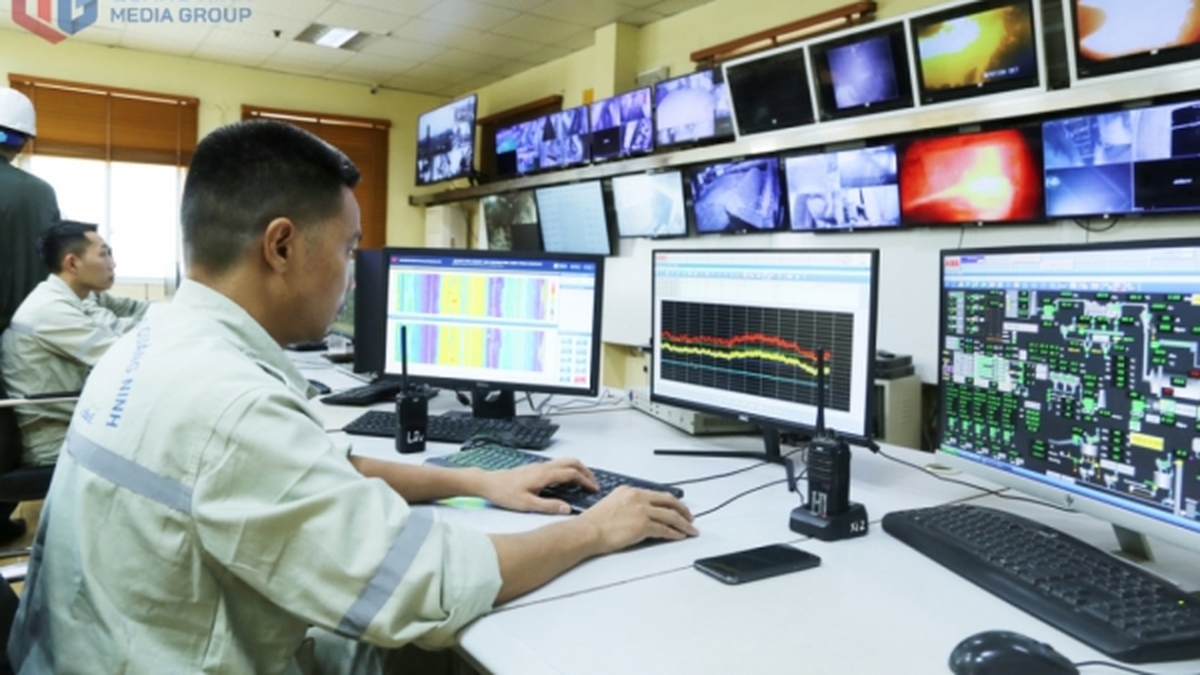
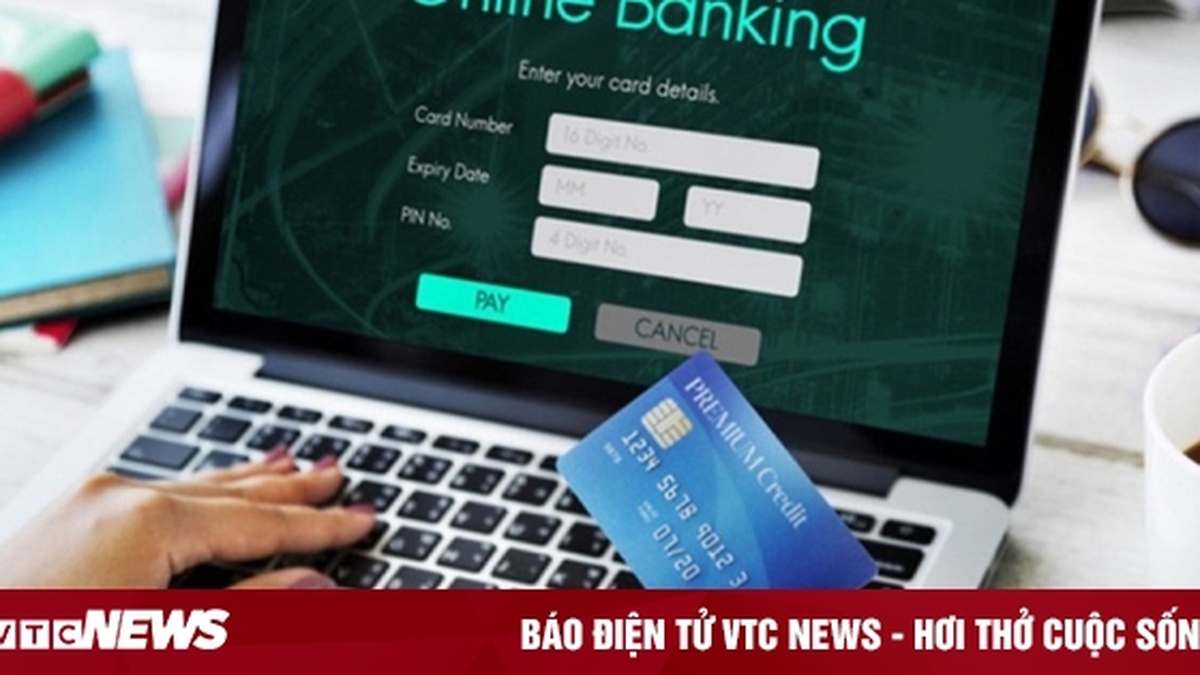
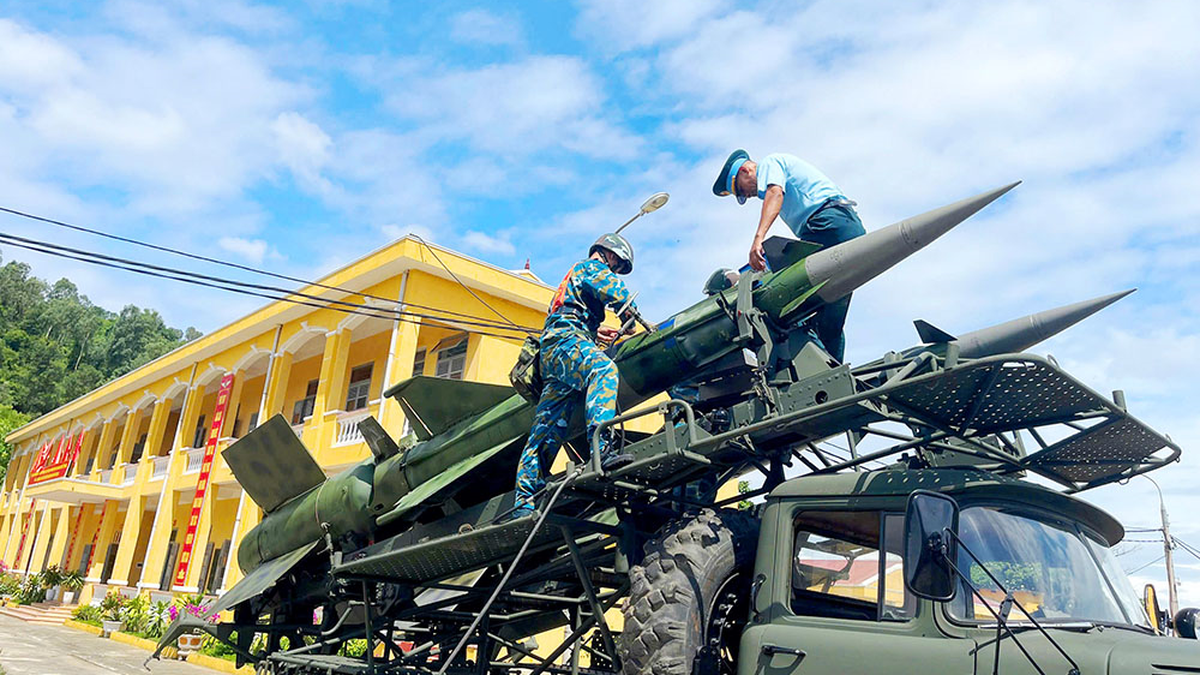
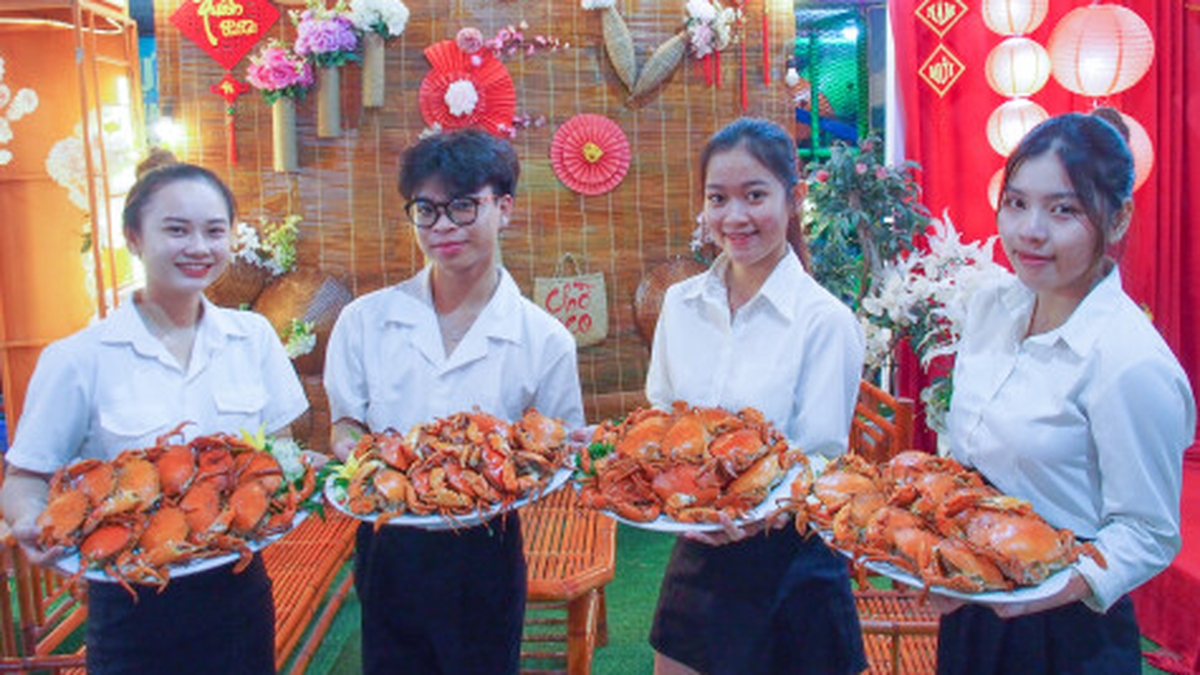
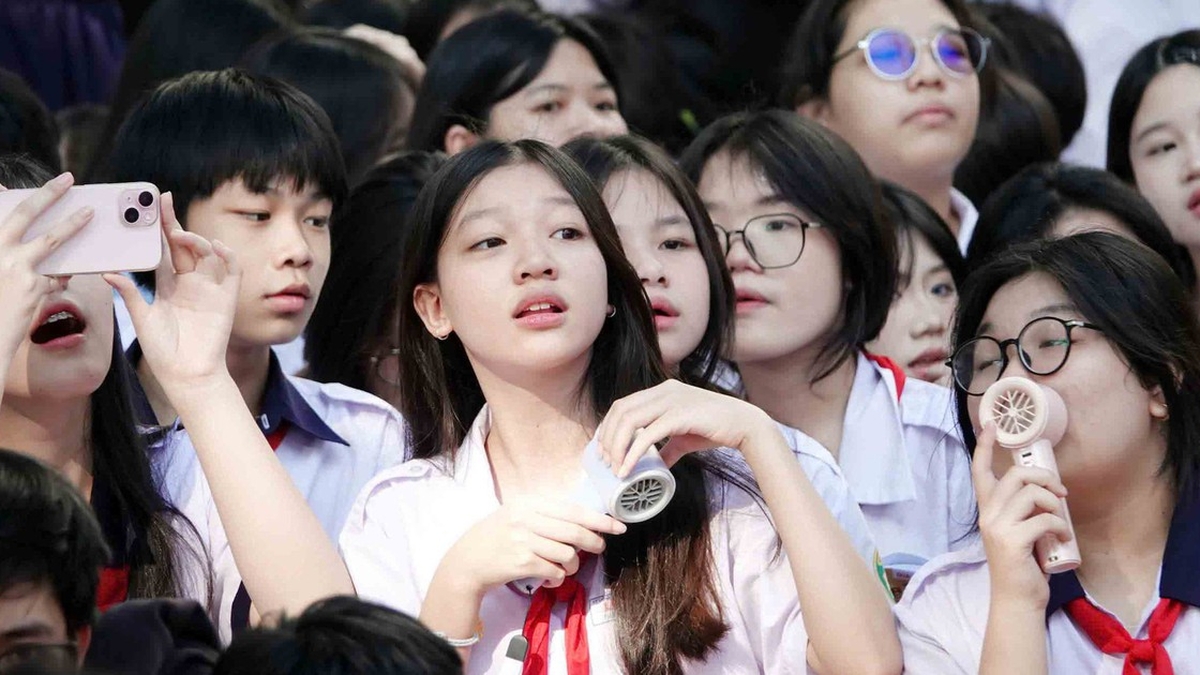
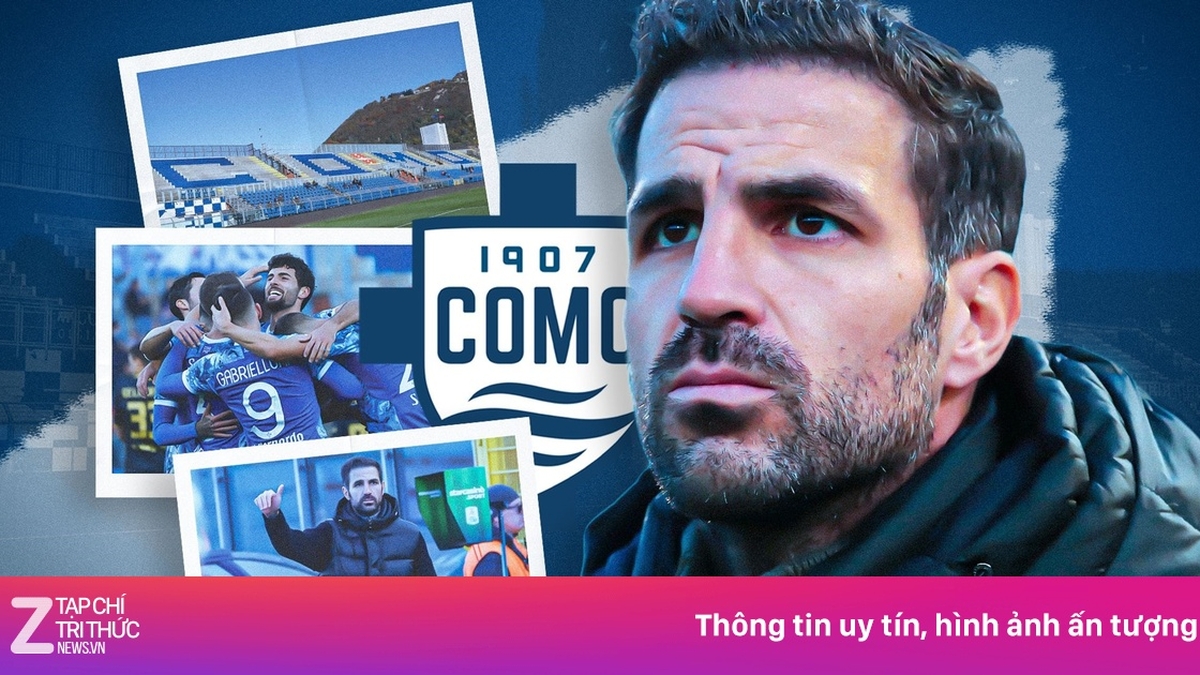
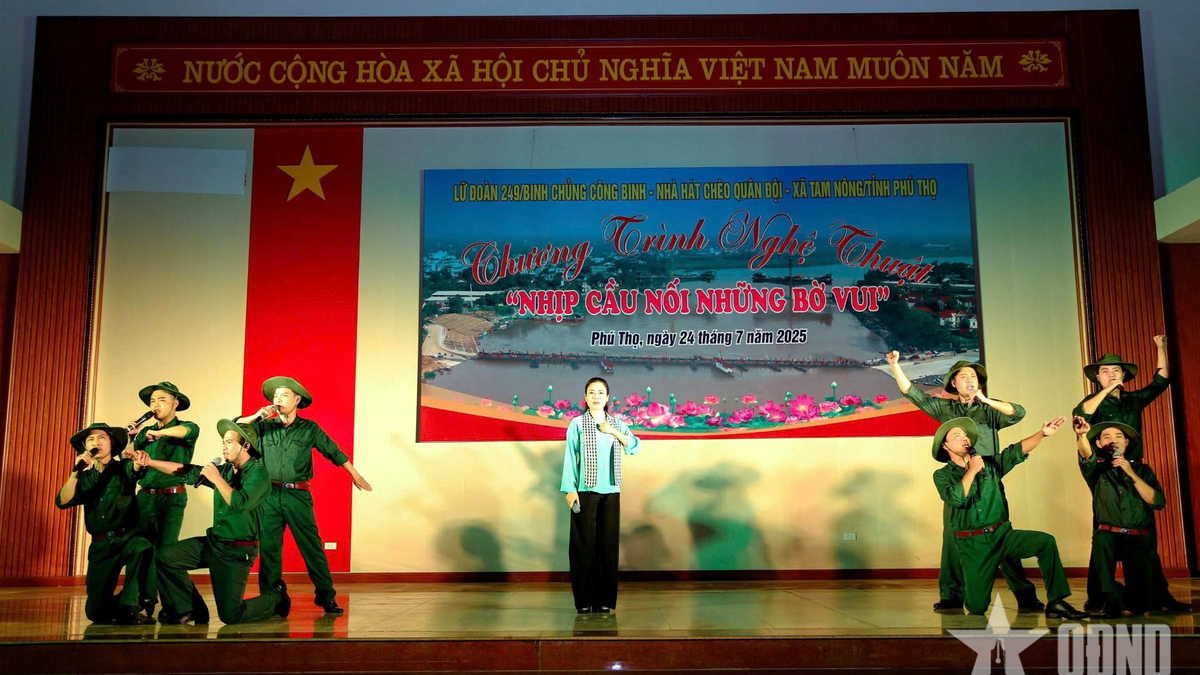
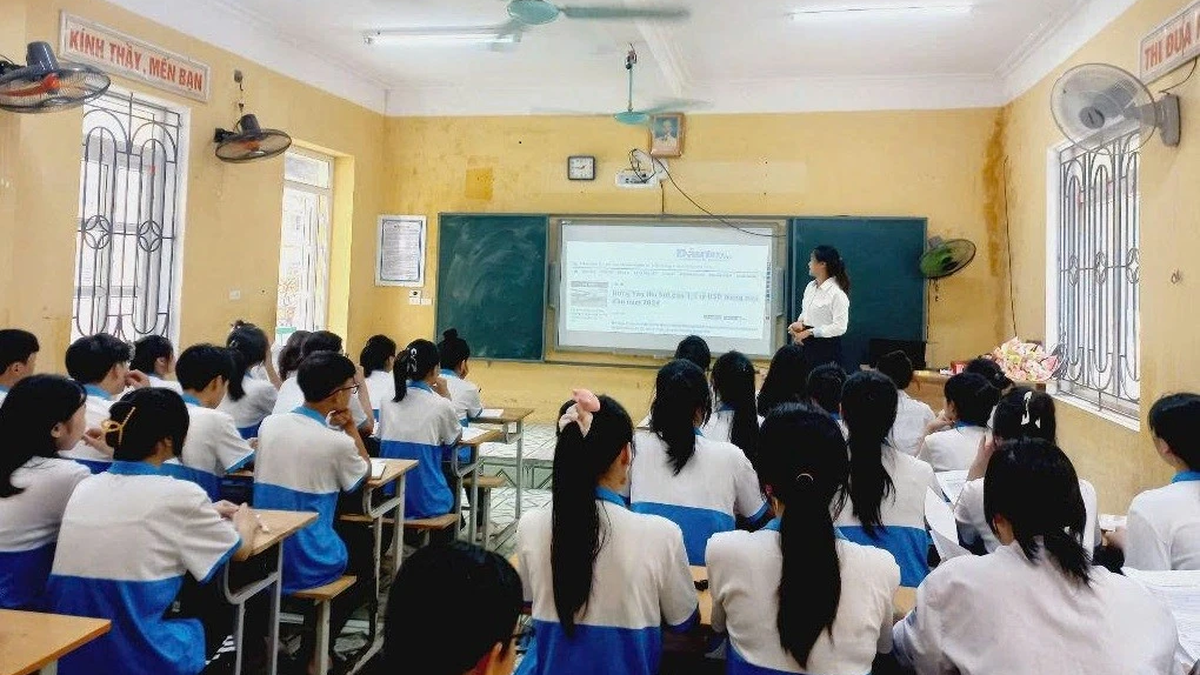
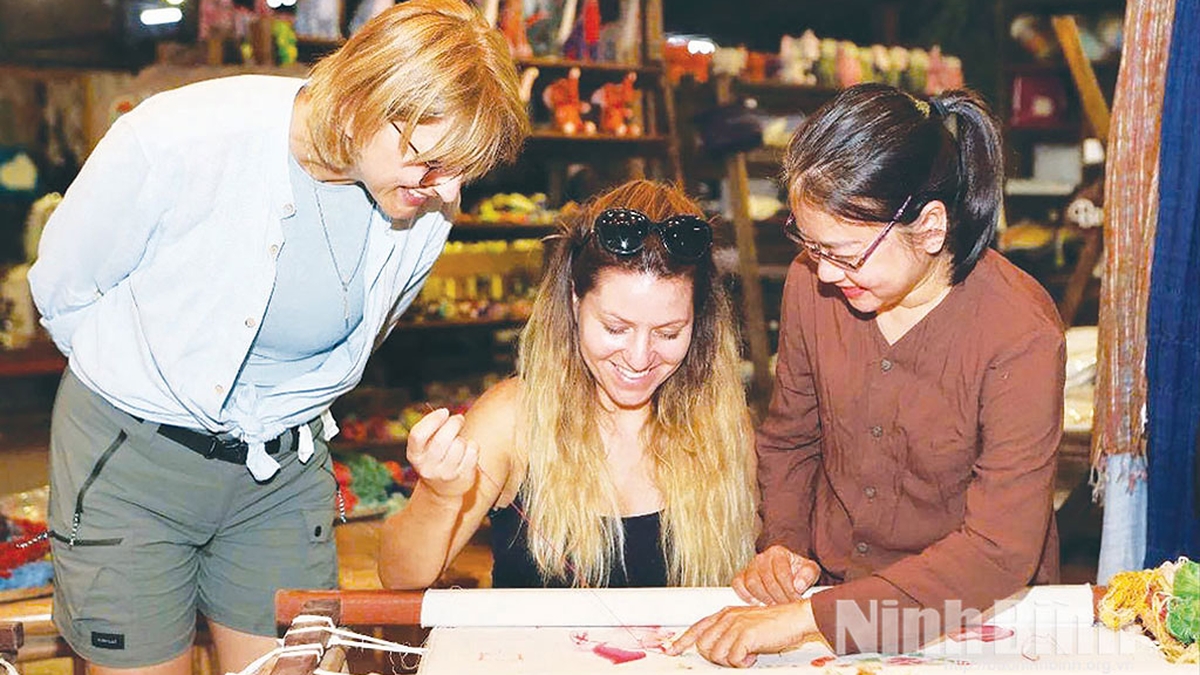
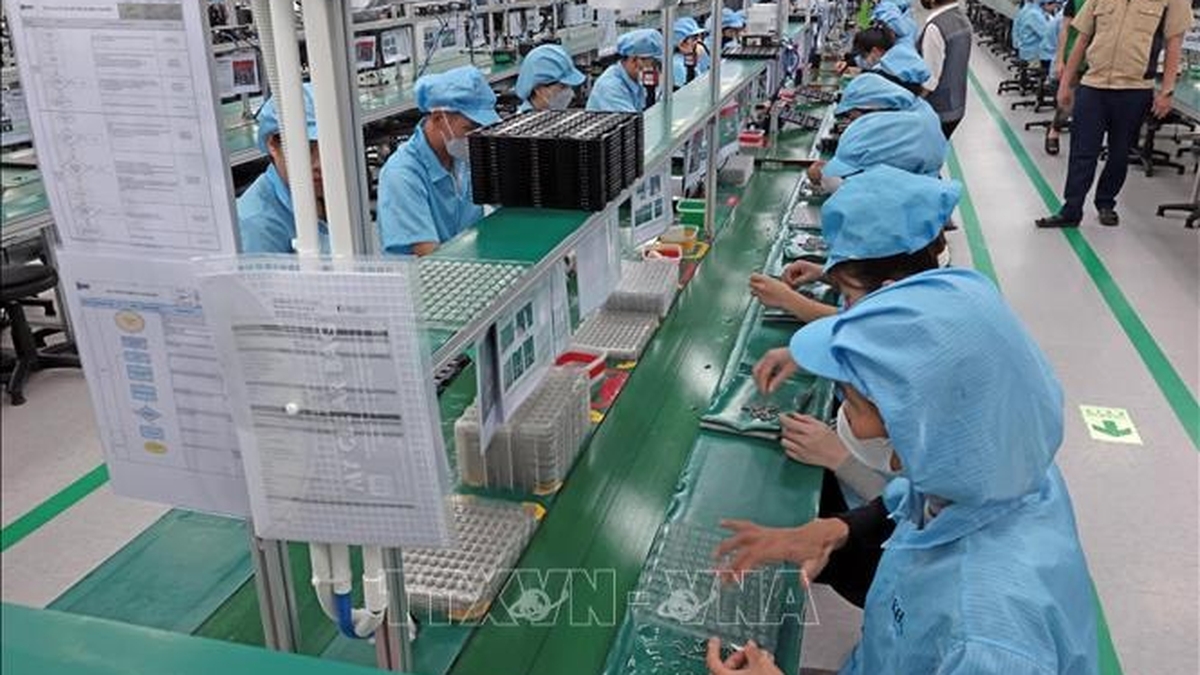
















![[Photo] National Assembly Chairman attends the seminar "Building and operating an international financial center and recommendations for Vietnam"](https://vphoto.vietnam.vn/thumb/1200x675/vietnam/resource/IMAGE/2025/7/28/76393436936e457db31ec84433289f72)














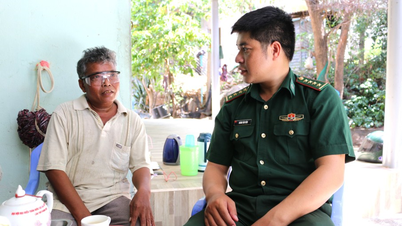













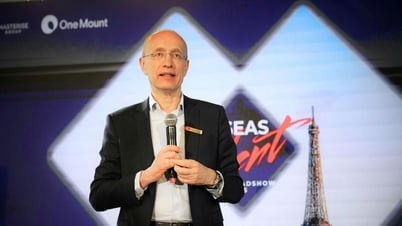


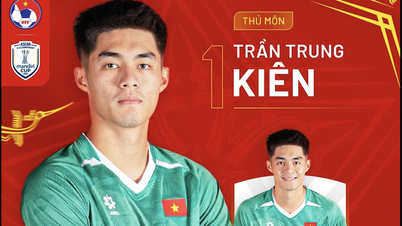

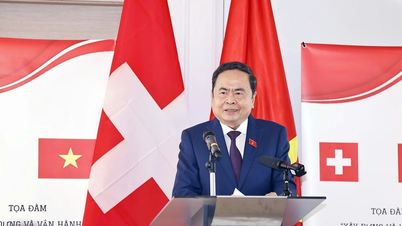



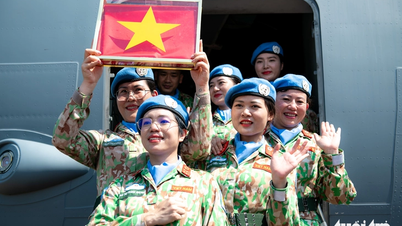


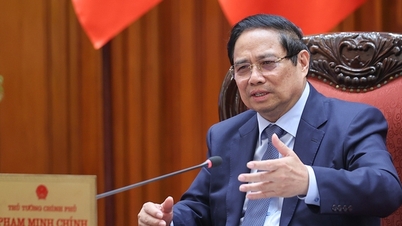
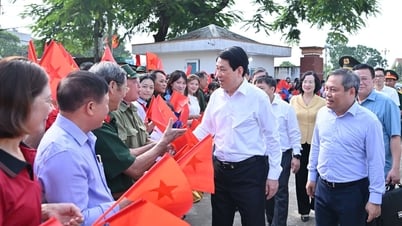

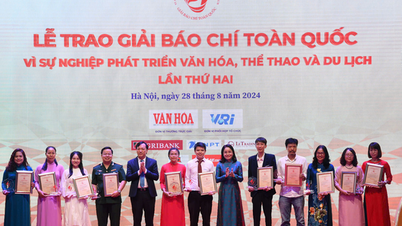
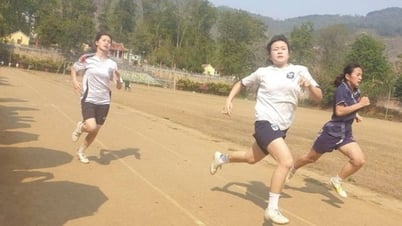
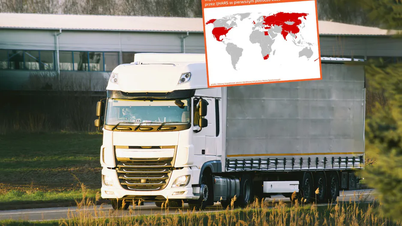





















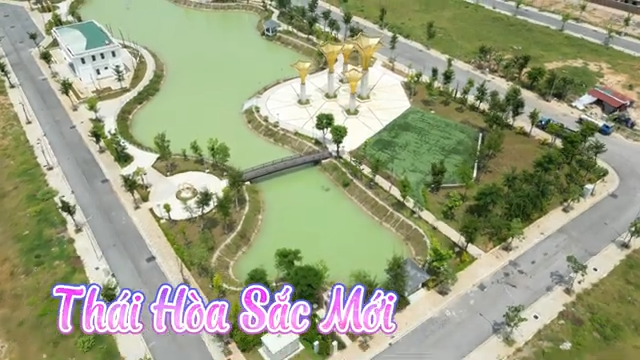
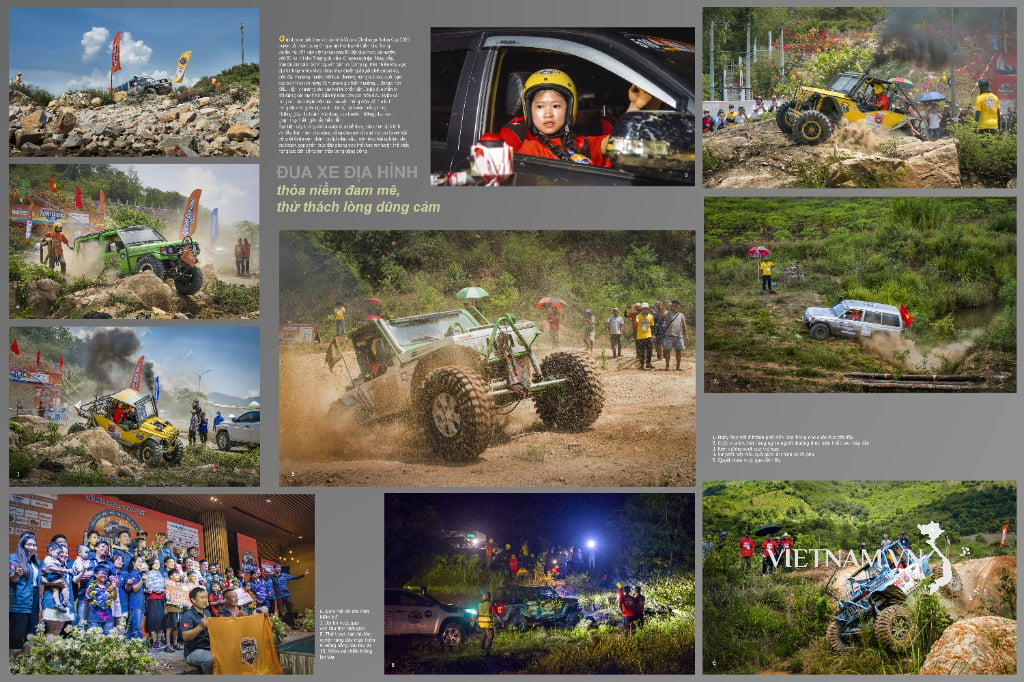
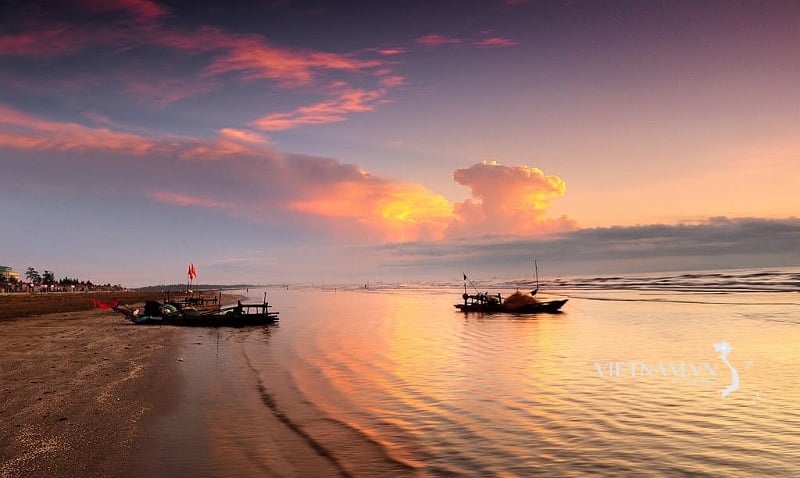
Comment (0)